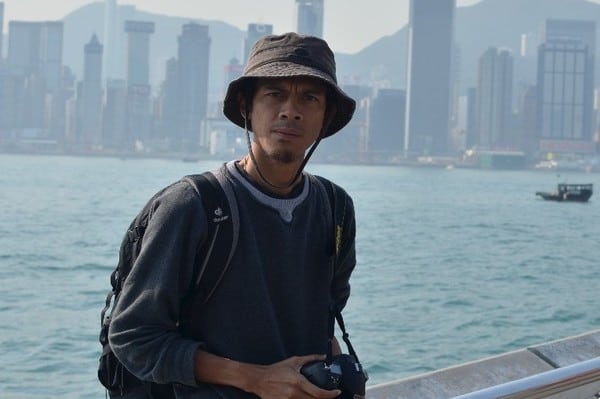On May 11, four Christian farmers, ages 42 to 61, including a Catholic, were killed by sword-wielding terrorists from the East Indonesia Mujahideen (MIT) in Poso district of Central Sulawesi province.
Though the country’s Muslim population largely holds moderate views, radical Islamists are stepping up attacks against Christians.
Stanislaus Riyanta, a Catholic intelligence analyst based at the state-run University of Indonesia in Jakarta, spoke with Aid to the Church in Need (ACN) about the growing terrorist threat to Christians in Indonesia:
Why are Christians the target of terror attacks?
It cannot be separated from the existence of transnational groups affiliated with ISIS. They see Christians as one of their enemies. They see Christians as thogut, an Arabic term for those who disobey God’s regulations.
There have been a number of terror attacks on Christians in recent years. For example, there was an assault on a priest during Mass in Medan in August 2016; a bombing at a Protestant church in Samarinda in November 2016; another attack on a priest during Sunday Mass, in Yogyakarta in February 2018; and suicide bombings (that targeted three churches, an apartment building and the police headquarters) in Surabaya in May 2018 that killed 15; on Palm Sunday this year, there was an attempted suicide bombing at the cathedral in Makassar; and then there was the killing of four Christians in Poso.
How do terrorist groups launch their attacks?
It depends on their courage and resources. Some use bombs, some—due to a lack of skills—use sharp weapons, like knives and axes. The priest in Yogyakarta was attacked by a young man with a sword. In the context of Poso, terrorists use sharp weapons to scare people. It did not happen only in the recent killing of Christian farmers; there was a previous murder of a farmer, who was accused of being a supporter of policemen. He was beheaded and the video was shown to local people.
MIT is the most extreme terrorist group. It is different from other terrorist groups active in Indonesia, including Jamaah Ansharut Daulah (JAD). JAD sympathizers commonly live secretly in society, but MIT members live together in a forest. Currently, MIT has only nine members, and they are divided into two groups to prevent themselves from being easily arrested by counterterrorism forces.
How many terrorist groups affiliated with ISIS are there in Indonesia?
There are many, actually. But the strongest ones are JAD and MIT. As I said earlier, MIT has only nine members, but it has many sympathizers. Meanwhile, JAD has more than 20,000 sympathizers who can launch extreme attacks on certain occasions. Between the two, MIT is the most militant.
Do you think efforts by the government to stop terror are doing enough?
I do not think so. The state is seen as thogut, too. It will not be easy for the state to deradicalize terrorists. What the state should do is to empower civilians, who need to learn about early detection and early protection. When the state tries to suppress terrorist groups, there are groups of people who put a stigma on the state, saying that the state is anti-religion. This is a problem.
Terrorist groups in Indonesia hide themselves behind the majority group. In many other countries, terrorist groups hide themselves behind the minority group. So, when the state goes after them—with its anti-terror squad, Densus 88—jihadists in Indonesia make the case to the Muslim public at large that the state is hostile to Islam. This is the dilemma for authorities.
Also, religious leaders need to unite and with one voice condemn terror. If they unite, people who are already interested in joining terror groups might have second thoughts. On this score, there is no unity or shared vision yet among religious leaders, with some Muslim leaders in particular failing to condemn terror unequivocally.
This interview is reprinted with permission from the Aid to the Church in Need in the United States







